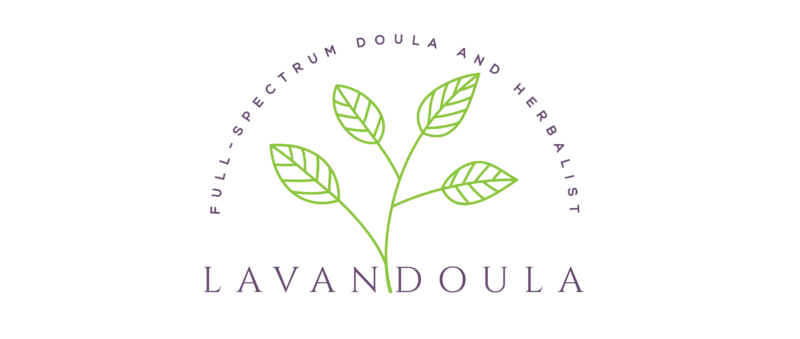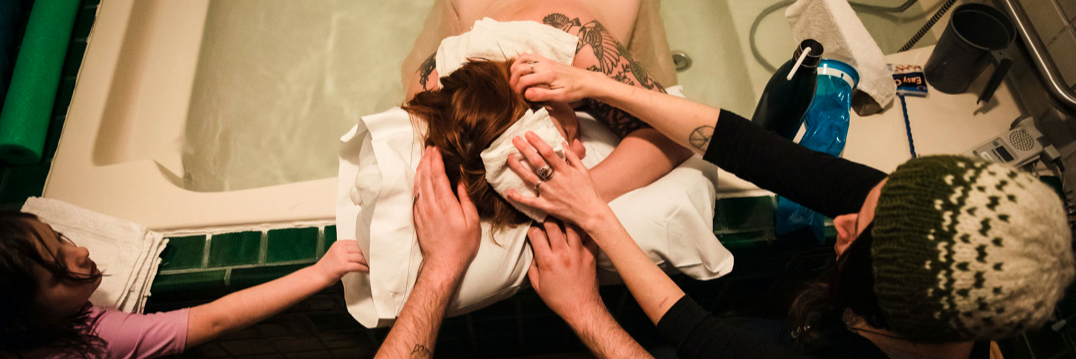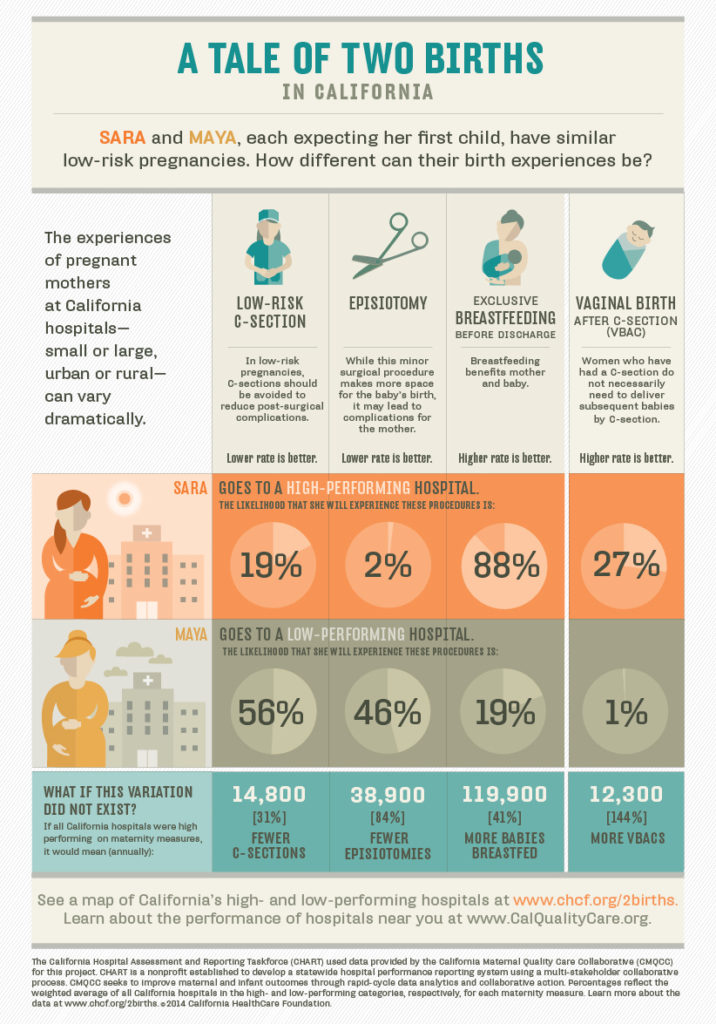This list is current as of January 2018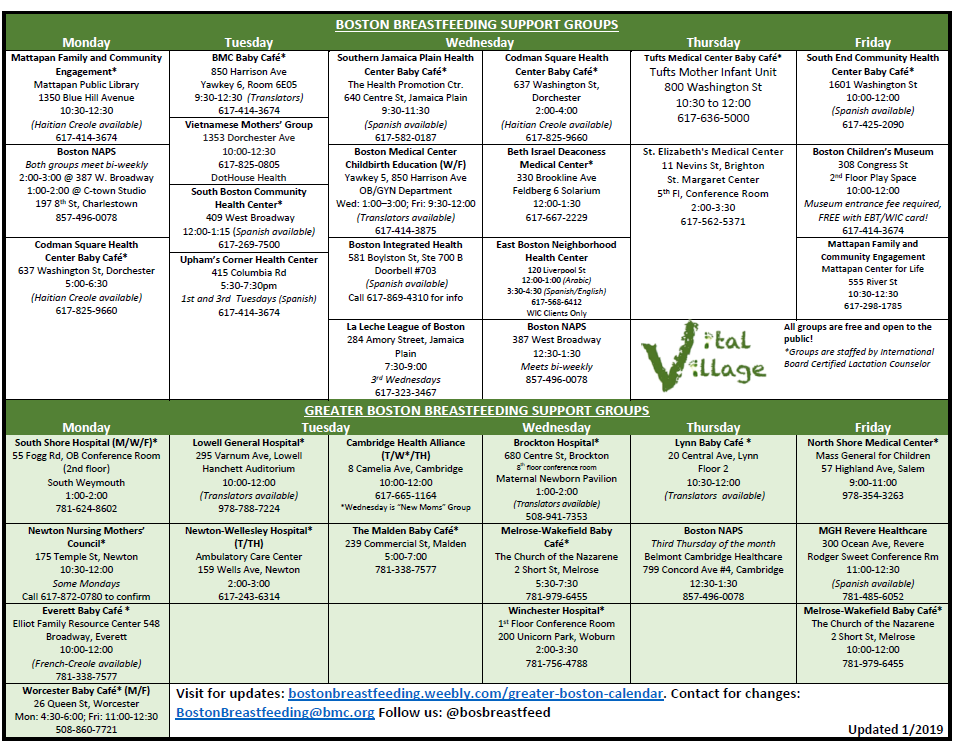
Postpartum and Lactation Support
Postpartum and Lactation Support
Postpartum Progress and Postpartum Support International promote awareness, prevention and treatment of mental health issues related to childbearing in every country worldwide. They also have a Perinatal Mental Health Alliance for Women of Color
Rachel Hess is an experienced and LGBTQ-friendly postpartum doula who also hosts parenting groups around Jamaica Plain.
Sophie Davis is a dear friend and postpartum doula, serving areas surrounding Newton.
The Every Mother Project provides training & support to birth, postpartum, lactation, and women’s health professionals who work with women and families in the childbearing year in order to reduce barriers that women with perinatal emotional complications face when accessing care.
Jewish Family and Children’s Services Center for Early Relationship Support provides a multitude of free support for young families in the Boston area. You do not have to be Jewish to utilize their services. They have support groups, therapy, and experienced moms who visit new ones to help you get the hang of feeding and caring for your little ones.
One of my doula mentors, Maria Dolorico, started A Mom is Born as a doula business, and has branched out into life coaching, lactation consulting, and holding groups for new parents in downtown Boston. She also offers a free online support course for families on how to plan for the postpartum period.
Zip Milk is a search engine for lactation consultants (LCs) in your area by zip code.
LC Home Visits contains a list of Boston-area international board certified lactation consultants (IBCLCs). In Massachusetts, it is required for insurance to cover lactation support.
BFAR is a resource for folks who want to breastfeed but have had breast/chest or nipple surgery in the past. Whether someone has had a diagnostic surgery, implants or a reduction, this website contains information about increasing the best chances for a healthy milk supply.
Milk Junkies is the website of trans dad, Trevor MacDonald. Once famous for being barred from La Leche League meetings, he now leads them locally in Canada and continues to blog about queer parenthood.
A mini study (22 participants) on transmasculine folks, chestfeeding and gender identity.
Boston-area breastfeeding support groups:

Hospital Choice Matters, A California Infographic
While this infographic is California specific, it goes to show how an individual person, having a low-risk pregnancy with a first baby, is likely to have a very different birthing experience depending on the norms of the hospital/practice they choose. I know people are limited by location, insurance coverage, and other needs, but doing some research into the intervention rates at local hospitals can make a big difference in setting expectations. So can working with a local doula who knows what the norms of various local birth sites are!
I recently finished Jen Kamel’s class The Truth About VBAC and learned, among other things, how hard it can be for an individual provider to calculate their own rates of cesarean section. While an individual may have a low rate of intervention, those rates may double during the weekends when that particular provider is non on-call. Ideally, any consumer of OB/Midwifery care should get to know the rates of intervention between every provider in a practice they choose.
Herbs for a postpartum birthparent!
I frequently make up batches of nourishing galactagogue herbal tea blends for postpartum clients. Galactagogue is a kooky herbalist term for plants that encourage the production of breast milk. My most recent batch was this:
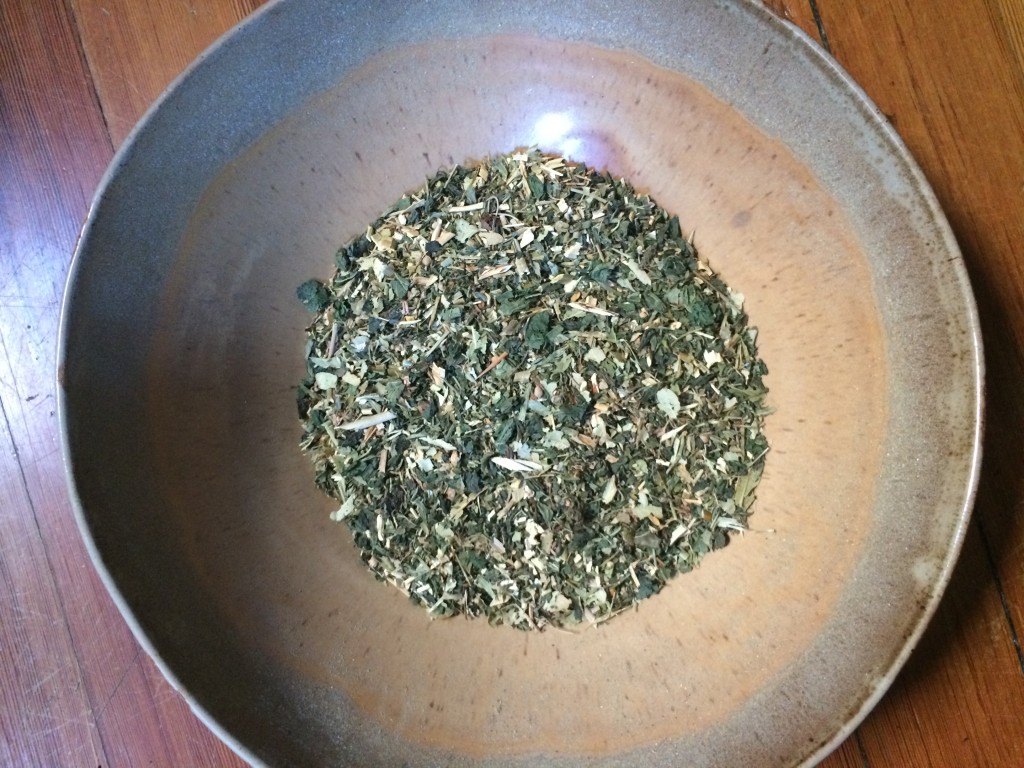
It contains goat’s rue, nettle, linden (leaf and flower), marshmallow (root), moringa and fenugreek. Should be steeped overnight (or however long you can manage, because really, whatever you manage to do postpartum is appropriate!). Maximum mineral extraction happens the longer the tea is steeped, and the cooled water allows the mucilaginous components of both the linden and marshmallow to come through. These are extra moistening, and extra soothing to frayed nerves of under-slept new parents. Many folks rely on herbs to support nursing, and this blend is much stronger and more effective than its grocery store counterpart. I had a client exclusively breastfeeding her twin boys with the help of a blend like this!
I also made this new mom an herbal postpartum sitz bath:
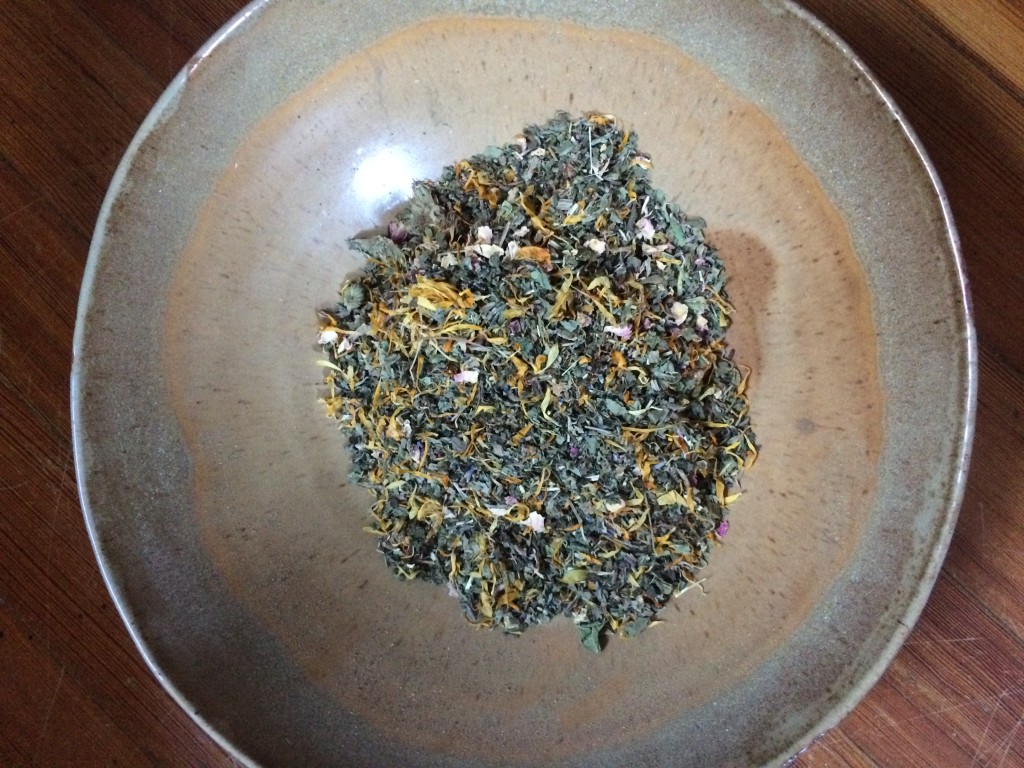
This recipe includes plantain and comfrey leaves, calendula blossoms, rose petals, lavender flowers and yarrow. I love making these baths because the calendula, rose and lavender give it such beautiful color. Plantain contains the tissue proliferant allantoin, which gently encourages skin to heal (especially nice if stitches were needed). Other herbs encourage healing (yarrow), are antimicrobial (lavender), and gently astringent to tighten and tonify tissue back to its comfortable state. These herbs can be steeped for 20 minutes, like a tea, strained well, and added to a sitz bath or used in a peri-rinse bottle.
My ceramic herb mixing bowl is a product of Liz Kinder pottery. I used to sell her pots when I worked at Wild Indigo Boutique in Boston’s South End.
